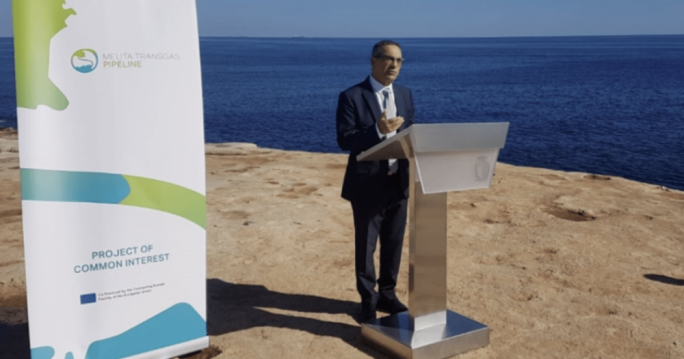
Sustaining subsidies but keeping an eye on future wellbeing
Statistics released last week show that Malta registered the highest deficit within the EU last year at 8%. But this figure has to be viewed within the wider picture of the country’s debt

In its leader of 21 April, this newspaper welcomed government’s commitment to continue isolating the country from the impact of higher energy prices.
It also welcomed the subsidies granted to grain importers to mitigate against the rising price of wheat.
But this leader also cautioned that these subsidies cannot be an infinite prospect and this necessitates extra judicious use of discretionary government spending.
Statistics released last week show that Malta registered the highest deficit within the EU last year at 8%. But this figure has to be viewed within the wider picture of the country’s debt.
The Eurostat figures showed that Malta’s debt-to GDP ratio stood 57%, at par with Ireland and significantly better than Germany.
Indeed, some of the EU’s powerhouse economies registered a debt-to-GDP ratio in excess of 100% - Italy, Spain and France had debt-to-GDP rations of 151%, 118% and 113% respectively.
The EU benchmark for debt is 60% With the EU rules on keeping the deficit under control currently suspended as a result of the global pandemic, this gives Finance Minister Clyde Caruana ample room to manoeuvre.
He can sustain another significant deficit this year to cushion the impact of inflation without Malta’s debt going out of the roof.
But it is in the country’s best interest to ensure that the debt we add on is absolutely necessary to stave off the worse impacts of inflation that could threaten economic recovery.
Within this context, it is important that Caruana tightens the screws on discretionary spending by the various ministries and public entities. Excess fat must be trimmed.
He may also want to review some of the electoral commitments by postponing their introduction to the latter years of the legislature and direct spending towards the more vulnerable categories rather than dish out incentives and payments across the board.
The priority for the time being remains cushioning the impacts of inflation but people and businesses must also come to terms with the prospect that at some point the price of electricity and fuel may have to increase.
Malta cannot live in splendid isolation from the realities that surround it and price is an indicator of the scarcity of a commodity, which indirectly regulates consumer behaviour.
The problem here is more a political one since the Labour government’s mantra over the past nine years has been to demonise tax and utility hikes. Going back on that commitment will undoubtedly invite criticism from an electorate that has grown accustomed not to expect any tax increases.
This leader is not advocating tax hikes. It is neither advocating a complete lifting of subsidies. But a dose of reality is necessary. At some point, fuel and energy subsidies will have to start being scaled back and that will lead to higher pump prices and electricity bills.
The inability to predict when the war in Ukraine will end remains a big problem. Russia’s tactical shift to try and capture the east and south of Ukraine and the tough resistance being put up by Ukrainian fighters suggests the war will drag on.
Additionally, Russia is blackmailing the EU by cutting off gas supplies to Poland and Bulgaria in a clear attempt at dividing the bloc.
Navigating these stormy waters will not be easy, especially for a small open economy like Malta. Finding the right balance between protecting the consumer as much as possible and safeguarding economic prosperity by ensuring public finances don’t go haywire will be key to the recovery process.



